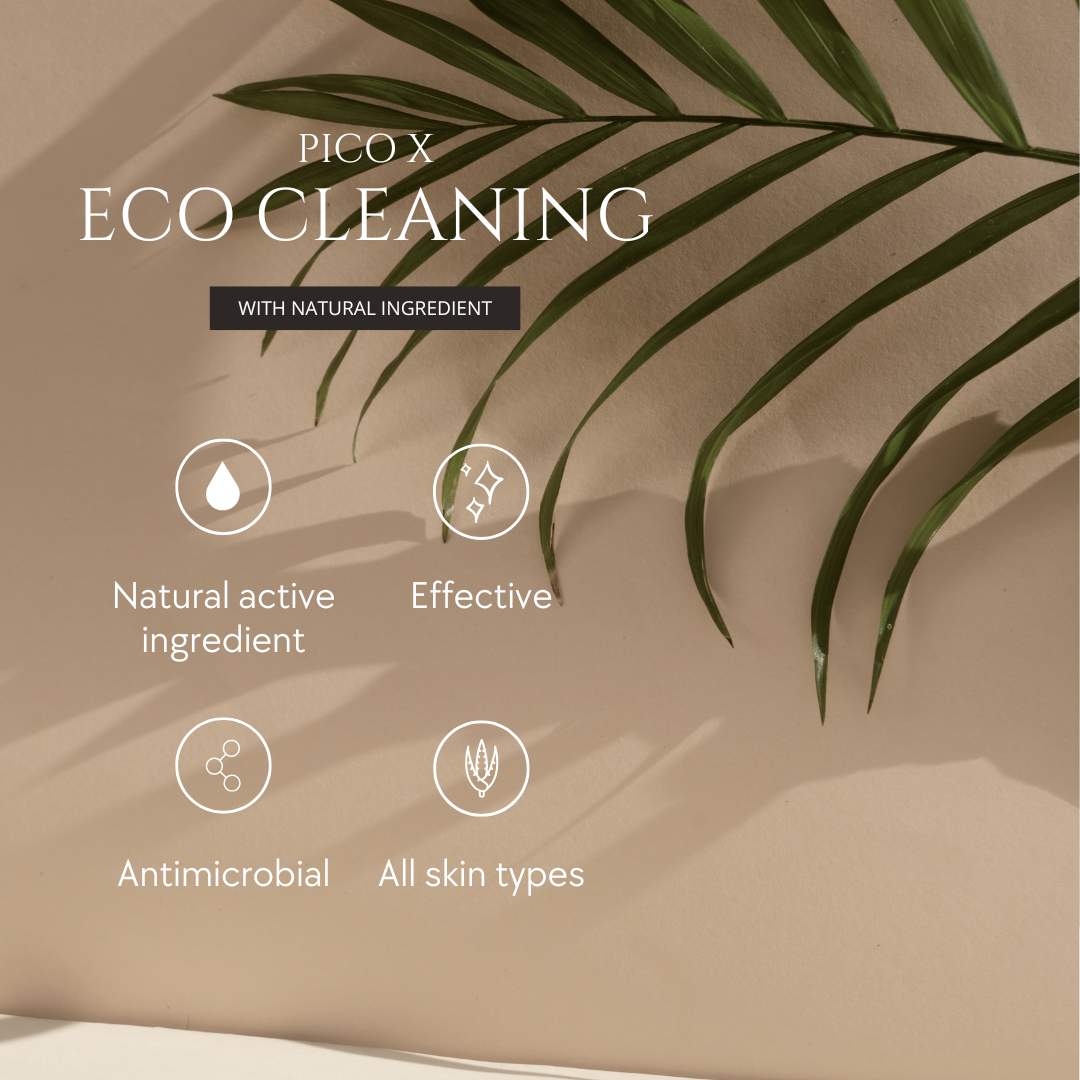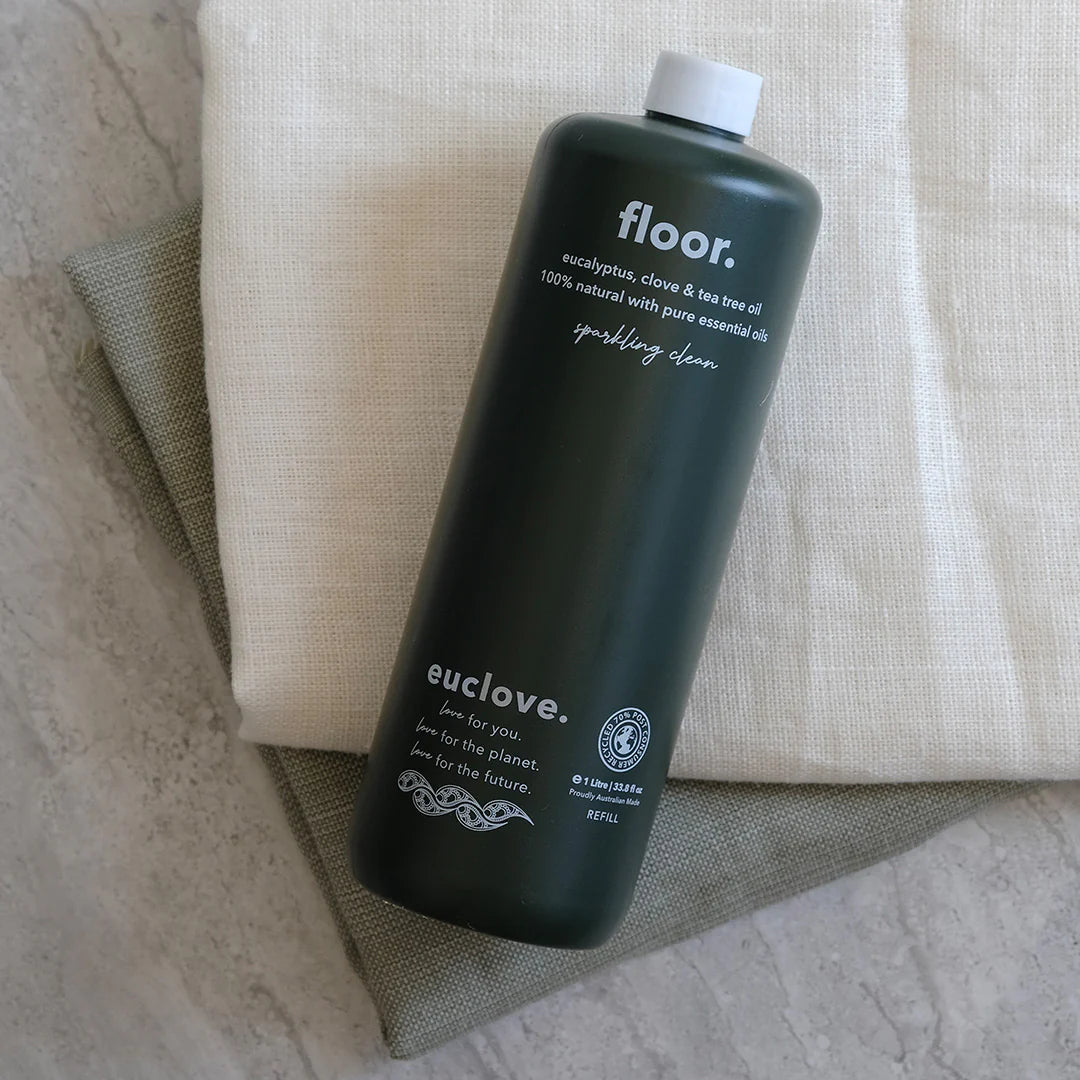-

Adoption of Antimicrobial Coating In The Hospitality Industry
-

Antimicrobial Coated Mattress For A Safe Night's Sleep
-

A safe way to improving indoor air quality and prevent mould at home.
-

Antimicrobial Coatings on Mattresses
-

Antimicrobial Coatings: A Revolution in Home and Commercial Space Hygiene
Embracing Sustainability: A Comprehensive Guide to Low-Impact Skincare
- 4 min reading time
Embracing Sustainability: A Comprehensive Guide to Low-Impact Skincare
The growing awareness of environmental issues has led many individuals to adopt a low-impact lifestyle, aiming to reduce their carbon footprint and minimize harm to the environment. This eco-conscious trend has permeated various aspects of life, including skincare. This article will delve into the science of skin health and explore how to maintain a robust skincare routine that aligns with a low-impact lifestyle. We will discuss both commercially available products and homemade solutions that are scientifically backed, eco-friendly, and effective.
Understanding the Skin: A Scientific Perspective
The skin, the body's largest organ, serves as a protective barrier against environmental factors. It's composed of three main layers: the epidermis (outer layer), dermis (middle layer), and hypodermis (innermost layer). The epidermis is primarily responsible for skin's texture and tone, while the dermis contains collagen and elastin, which provide strength and elasticity.
Maintaining healthy skin involves keeping these layers hydrated, nourished, and protected from damage. This can be achieved through a combination of internal factors (like diet and hydration) and external factors (like skincare products and sun protection). Understanding the science of skin is the first step towards choosing the right skincare products and practices.
Low-Impact Skincare Products
-
Sustainable Packaging: One of the easiest ways to reduce the environmental impact of your skincare routine is by choosing products with sustainable packaging. Brands that use recyclable or biodegradable materials, or offer refillable containers, are a great choice. This not only reduces waste but also promotes the circular economy.
-
Natural Ingredients: Synthetic chemicals in skincare products can harm the environment when they're washed down the drain. Opting for products with natural ingredients is gentler on both your skin and the planet. However, it's crucial to note that not all natural ingredients are created equal. Some, like palm oil, can contribute to deforestation and biodiversity loss. Always research the sourcing practices of the brands you support.
-
Cruelty-Free and Vegan: Animal testing and animal-derived ingredients are significant issues in the skincare industry. Look for products that are certified cruelty-free and vegan to ensure that they're not contributing to animal suffering.
-
Local and Organic: Buying local can reduce the carbon footprint associated with shipping, while organic farming practices tend to be more sustainable than conventional ones. However, keep in mind that "organic" doesn't always mean "sustainable," so it's still important to research the brand's overall environmental impact.
Homemade Skincare Solutions
-
DIY Face Masks: Homemade face masks can be a fun and eco-friendly alternative to store-bought versions. Ingredients like honey, oatmeal, and yogurt have natural moisturizing and soothing properties. For example, a simple mask can be made by mixing 1 tablespoon of honey with 1 tablespoon of yogurt, applying it to the face, and rinsing off after 15 minutes.
-
Natural Exfoliants: Many commercial exfoliants contain plastic microbeads, which can harm marine life when they enter waterways. A more sustainable alternative is to use natural exfoliants like sugar or coffee grounds. Simply mix with a carrier oil like coconut or olive oil and gently scrub your skin.
-
Oil Cleansing: The oil cleansing method involves using natural oils (like jojoba, olive, or castor oil) to cleanse the skin. This can be a more sustainable option than traditional cleansers, which often contain harsh detergents and come in plastic packaging.
-
Herbal Toners: Many herbs and botanicals have properties that can benefit the skin. For example, rose water has anti-inflammatory properties and can help soothe irritated skin, while witch hazel can help tighten pores and control oil production. Making your own herbal toners can be a cost-effective and eco-friendly alternative to store-bought versions.
-
Natural Moisturizers: Natural oils like coconut oil, shea butter, and jojoba oil can be used as moisturizers. These oils are rich in fatty acids and vitamins that nourish the skin, and they're often more sustainable than synthetic moisturizers.
Adopting a low-impact skincare routine doesn't have to mean sacrificing the health of your skin. By choosing products with sustainable packaging, natural ingredients, and ethical sourcing practices, you can reduce your environmental impact while still taking care of your skin. Additionally, homemade skincare solutions can offer a fun and cost-effective alternative to commercial products. As always, it's important to listen to your skin and consult with a dermatologist if you have any concerns. With a little research and creativity, you can create a skincare routine that's good for both you and the planet.
Tags
-

Best Fabric Refresher 2023
-

Looking for the Best Cleaning Services in Singapore?
-

Benefits Of Essential oil Based floor cleaners - Eucalyptus, Clove and Tea Tree
-

Top ten cleaning services in Singapore?









